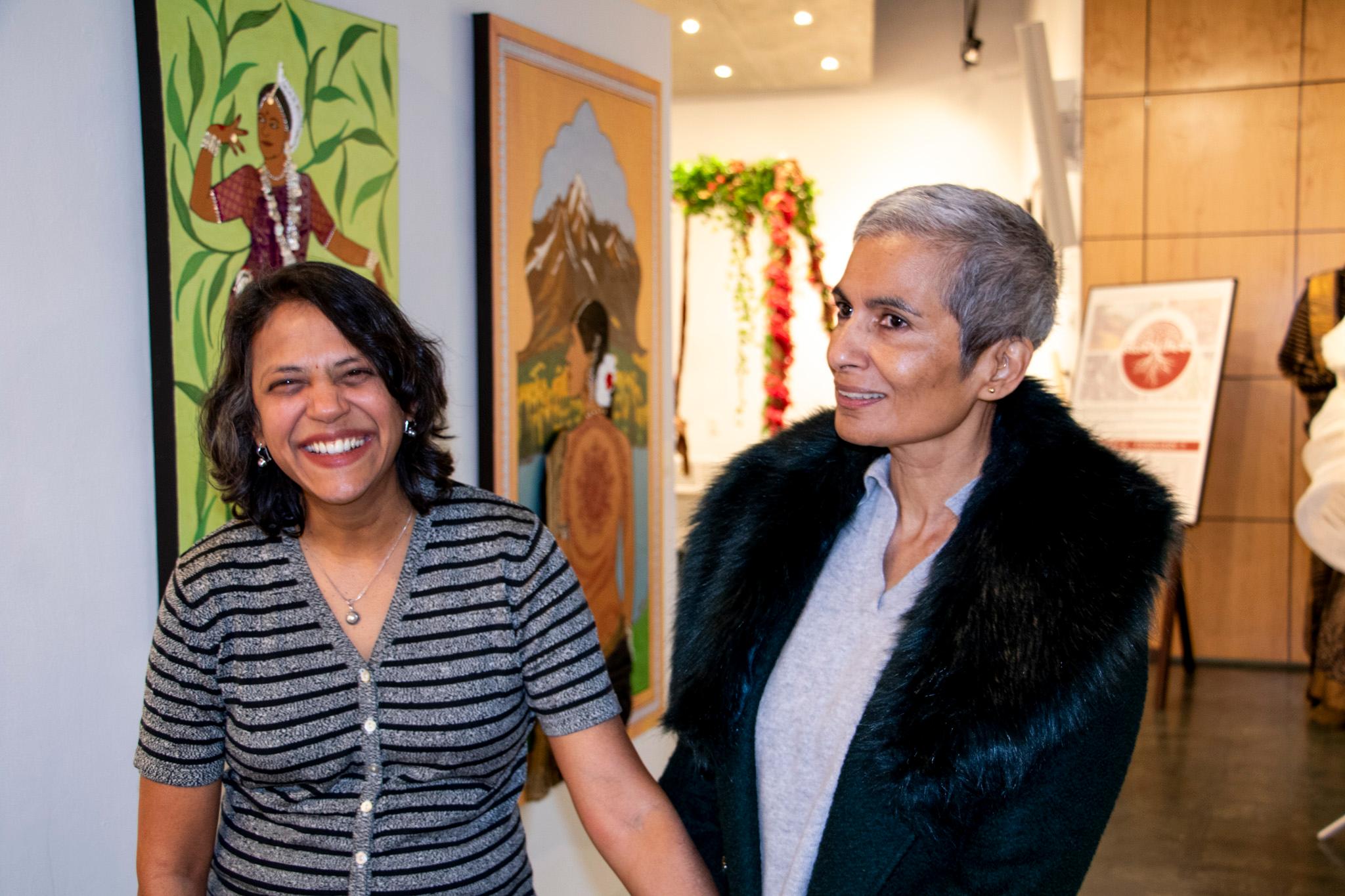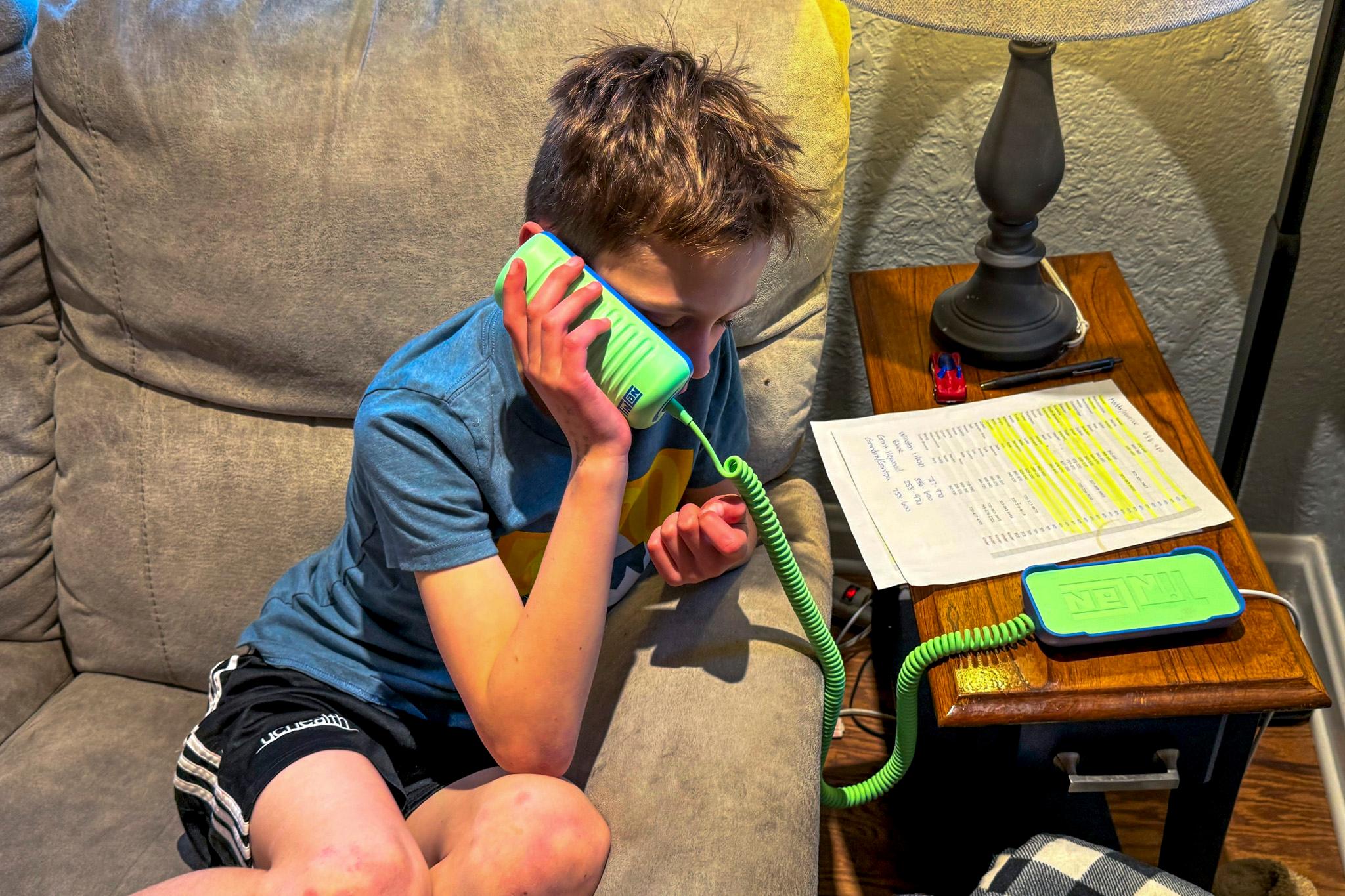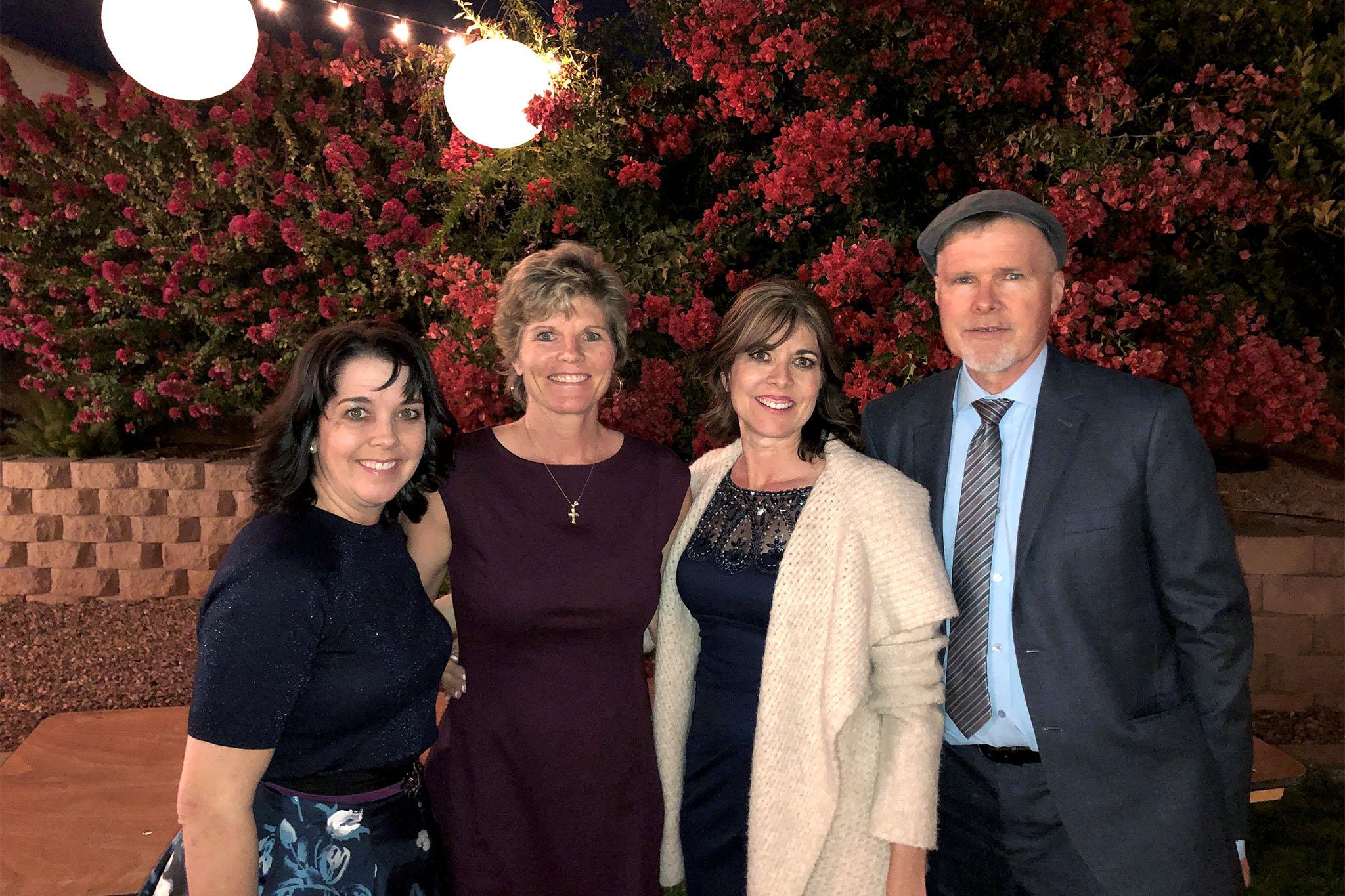
Clean clothes are easy to take for granted. But not for Glen Watkins of Denver.
“When you have clean clothes on it means that you are clean and fresh,” Watkins says. “I go take a shower at the YMCA and I can face the society, like anybody else.”
Watkins, who says he lost his home because he couldn’t afford the property taxes and upkeep, has been living on the streets for six months now. Dirty clothes also make it hard to get and keep a job, he says, because clean clothes “makes you look respectable.” He’s currently unemployed.
“You’re not walking around dirty. You’re walking around saying, ‘Hire me if I’m qualified for this position. Give me a chance,’” Watkins says.
That’s why he’s come to the Denver Inner City Parish in the La Alma-Lincoln Park neighborhood south of downtown. Parked outside the parish is a box truck about the size of a U-Haul you’d rent to move the contents of a four-bedroom home. The words “The Laundry Truck” are in large print on the side.
A mobile laundromat for the homeless community
Inside the truck are 12 commercial washer and dryer machines, each making a contribution to the subtle smell of detergent and clean clothes that infuses the air.
“It’s just like a laundromat,” says Marcus Harris, who is the truck coordinator. “Except nobody pays” -- and of course, it’s on wheels.

The Laundry Truck is run by Bayaud Enterprises, a Denver nonprofit that creates employment opportunities for people with disabilities and individuals experiencing homelessness or extreme poverty. The idea came from a trip Harris took to San Francisco, along with members of the advocacy group Denver Homeless Out Loud, where he came across a “regular-sized public transportation bus that had shower stalls in it”
“This bus went to a fire hydrant and they did showers all day -- no questions asked,” Harris says. “I was almost moved to tears.”
After he returned to Colorado, one of Bayaud Enterprises’ old document-shredding trucks became available. They then went to the Denver homeless community with two ideas: Use this truck for showers or make it a mobile laundromat.
“The consensus was that, if you’re on the streets in Denver, and you’re fairly savvy, you can shower,” Harris says. “But it’s next to impossible to do laundry.”
Speaking from personal experience, Harris says there’s a lot of stigma around homelessness and extreme poverty. He came to Bayaud Enterprises “straight out of prison,” with multiple felony convictions and a history of homelessness.
“I like to consider myself a success story in progress,” he says. “Bayaud gave me an opportunity to tell my story and they actually listened. Every story out here is different and every story is not what you’d expect” -- Harris says he came from an educated family and was being groomed for an Ivy League education.
How it works
The Laundry Truck can wash 300 to 450 pounds of laundry a day.

Denver Water’s manager of conservation, Jeff Tejral, says he thought a mobile laundry service was a “unique idea.” He advised on how to set the truck up, what kind of washing machines would be best and on the truck’s water efficiency.
“That was important because the more efficient they were with their laundry facility, the more people they could serve and the longer they could stay at a location,” Tejral says.
Bayaud Enterprises has also consulted an extermination expert about best practices for bed bugs.
It’s been about a yearlong process to get the truck up and running. Between the expenses of the truck, appliances and other necessary equipment, engineering, utilities and staffing the truck, the entire operation cost $90,000. The initial fundraising went well, but there was an unexpected setback last October, says Scott Kerr, the director of the employment and opportunities center at Bayaud Enterprises.
“Our truck was parked on the side of the road and a person that was being chased by the police hit our truck in speeds exceeding 60 miles an hour,” Kerr says.
No one was killed in the crash, but it delayed the launch of the service by months.
Not just about clean clothes
The Laundry Truck will also connect people to other social services they may need, such as job counseling and opportunities or helping people sign up for benefits like food stamps. It will stop once a week at a new tiny house village being developed in Denver’s River North neighborhood. The Beloved Community Village, created by a collective of Colorado institutions called Colorado Village Collaborative, will be transitional housing for people who were homeless. The residents will self-govern themselves.
“Political leaders around the city say we can’t build ourselves out of this housing crisis,” Kerr says. “And that’s true. So what’s the alternative? We have to think out of the box and look for pragmatic solutions to mitigate this housing crisis and there are some really good untraditional ideas out there that we have to explore.”

Recently, The Laundry Truck washed clothes for students at College View Elementary School, a public school in south Denver that has a high population of low-income students. Kerr hopes to get a second truck, bring the service to other cities, and even wash the clothes of people fighting forest fires. He sees versatility and potential to turn this into a “social enterprise” and commodify it.
Colorado Matters host Ryan Warner spoke with David Henninger, executive director of Bayaud Enterprises, about some of these untraditional ideas.
Related:









